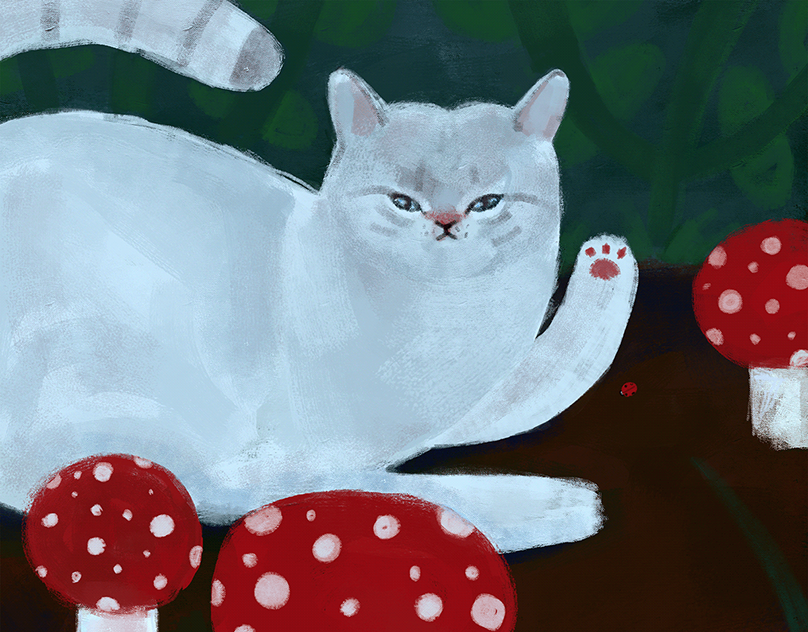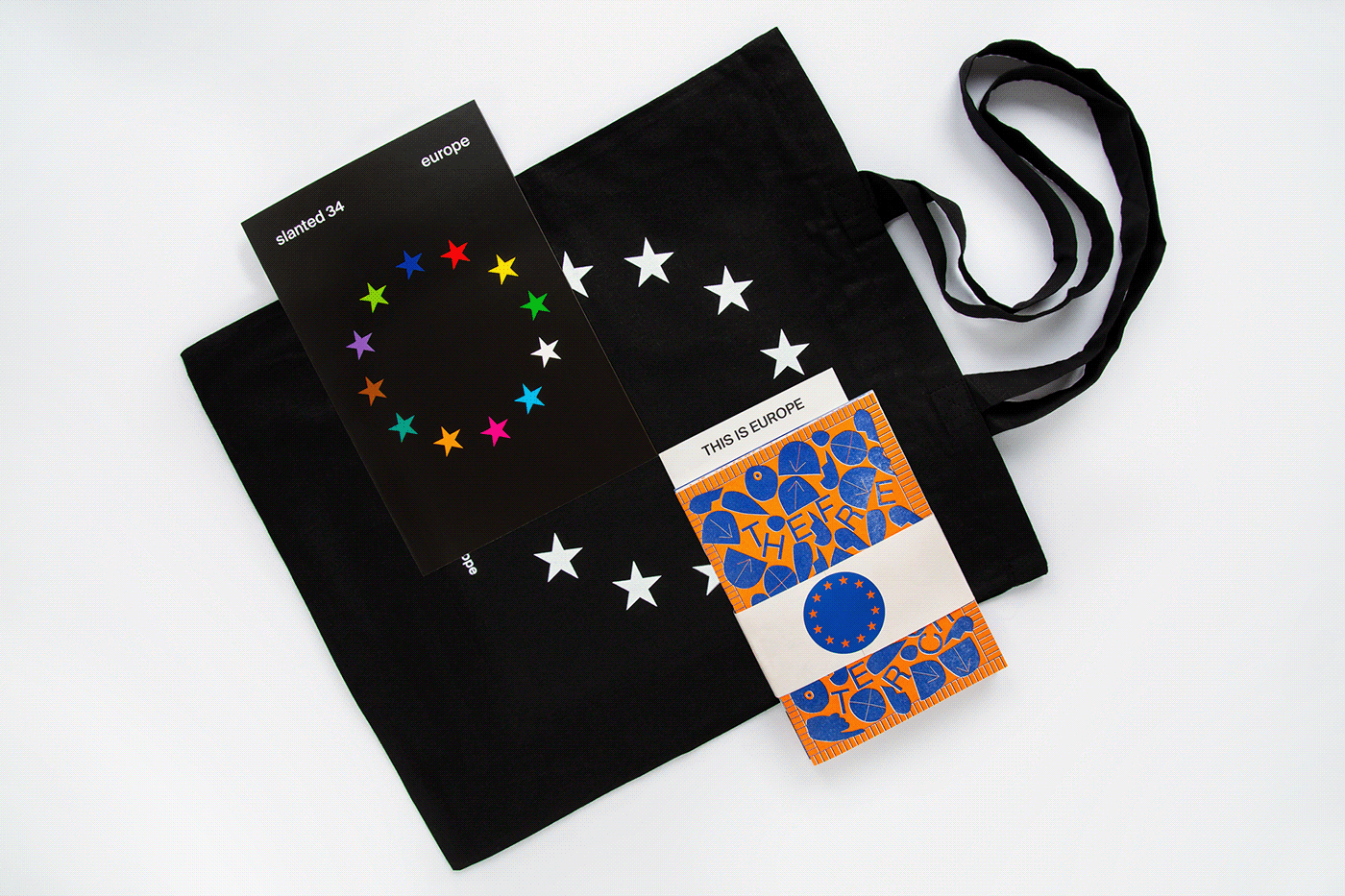
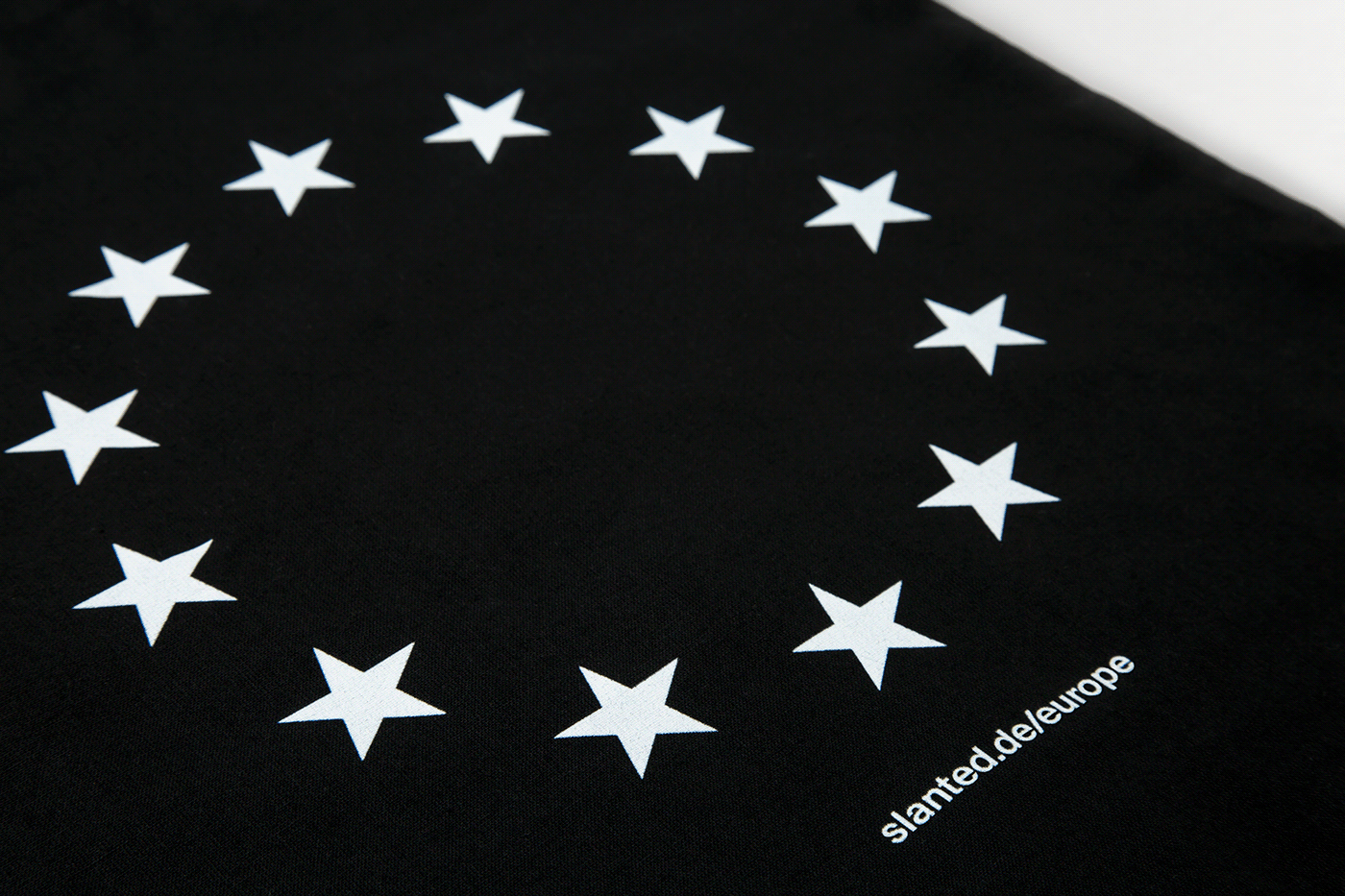



Speaking in general terms, and without entering into complex rhetoric, technically, one could say that the European Union is a unique economic and political union of 28 countries that share certain values and work in order to achieve the same objectives. Theoretically, it might seem a simple concept, but the truth is that, in practical terms, this generalization is in danger of excluding multiple and certainly different realities; European citizens are by definition free to practice (or not) their own religion(s), cultural roots, formative, professional, economic and ideological profiles or interests, capacities and capabilities, etc.
From this perspective and given that the preservation of freedom of speech, liberty and opinion, the respect for human dignity and rights, the rights of justice (Rule of Law) and the representative democracy and equality are included within the main values of Europe and constitute the essence of the European identity, Is Europe a truly global and fully cohesive union? Or, is it just an illusion of an utopian panorama?
The hyperconnected environment that we live in has provided new opportunities for some traditionally marginalised groups to speak out and reach high range of population. Freedom of Opinion, Freedom of Expression and the Right to Information are basic human rights and they are seen by the European Union as cornerstones of democracy in any society. These rights are essential parts of the Universal Declaration of Human Rights and the Charter of Fundamental Rights of the European Union, which in its article 11 reads: Everyone has the right to freedom of expression. This right shall include freedom to hold opinions and to receive and impart information and ideas without interference by public authority and regardless of frontiers. The freedom and pluralism of the media shall be respected.But as some explain, it has also provided new opportunities for governments and companies to silence speech mostly under the premises of national security legislations, as an attempt to tighten control and consolidate power in the face of political stress and rising dissent.

The booklet tends to explore the term „freedom of speech” through an atypical way that plays and takes advantage of both the printing technique (Risography) and the chosen colours for the publication (orange and mid–blue). The fanzine presents itself as self explanatory as possible with the title of “The Free–speech Meter/The Hate–speech Meter.” A somehow straight forward showcase of some of the most highly sensitised, contentious and complex issues in today’s European structural levels – economical, social, political, cultural – and society – terrorism, incest, slavery, illegal immigration, grooming, radicalisation – provoking debate and controversy.
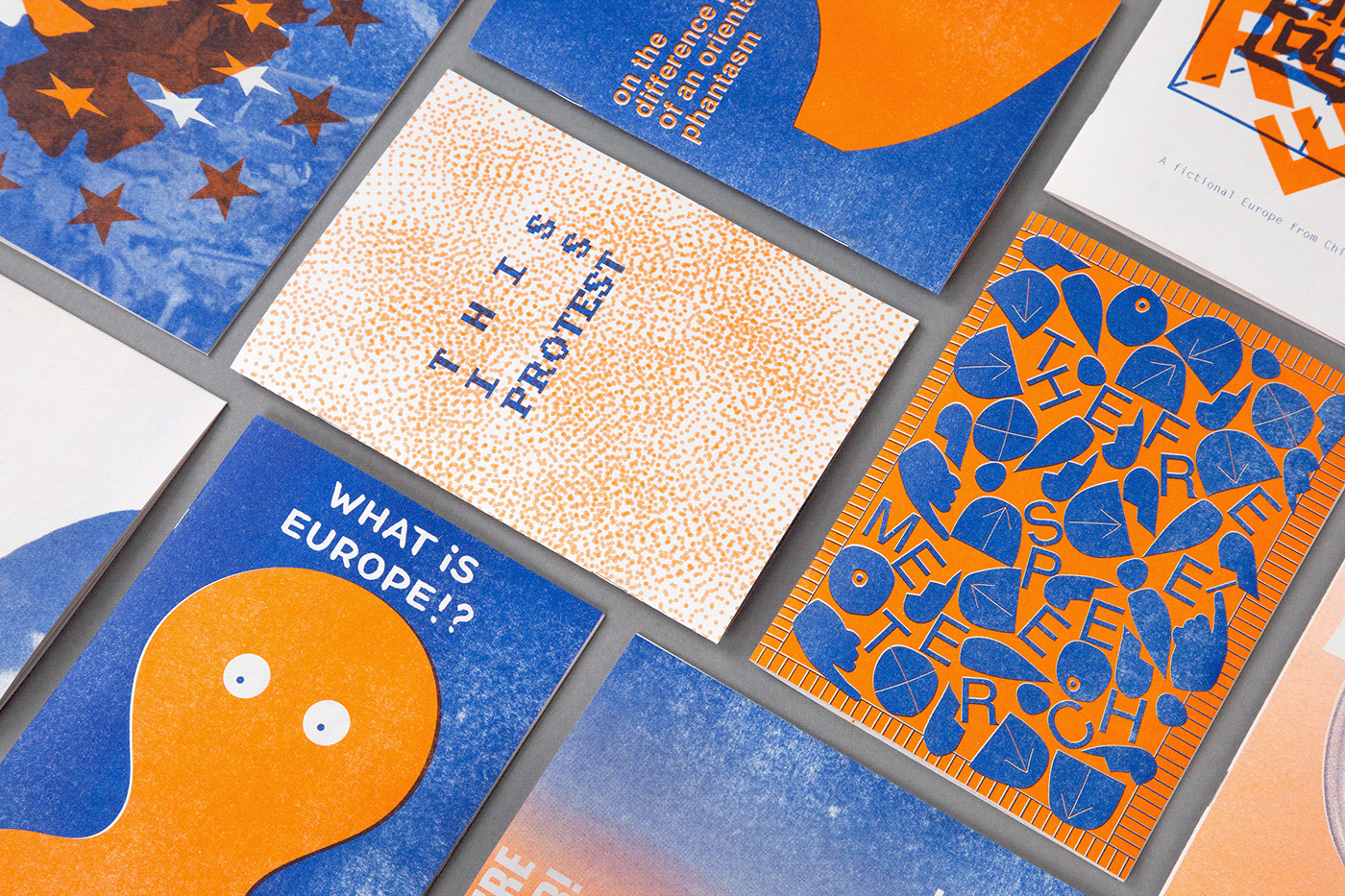

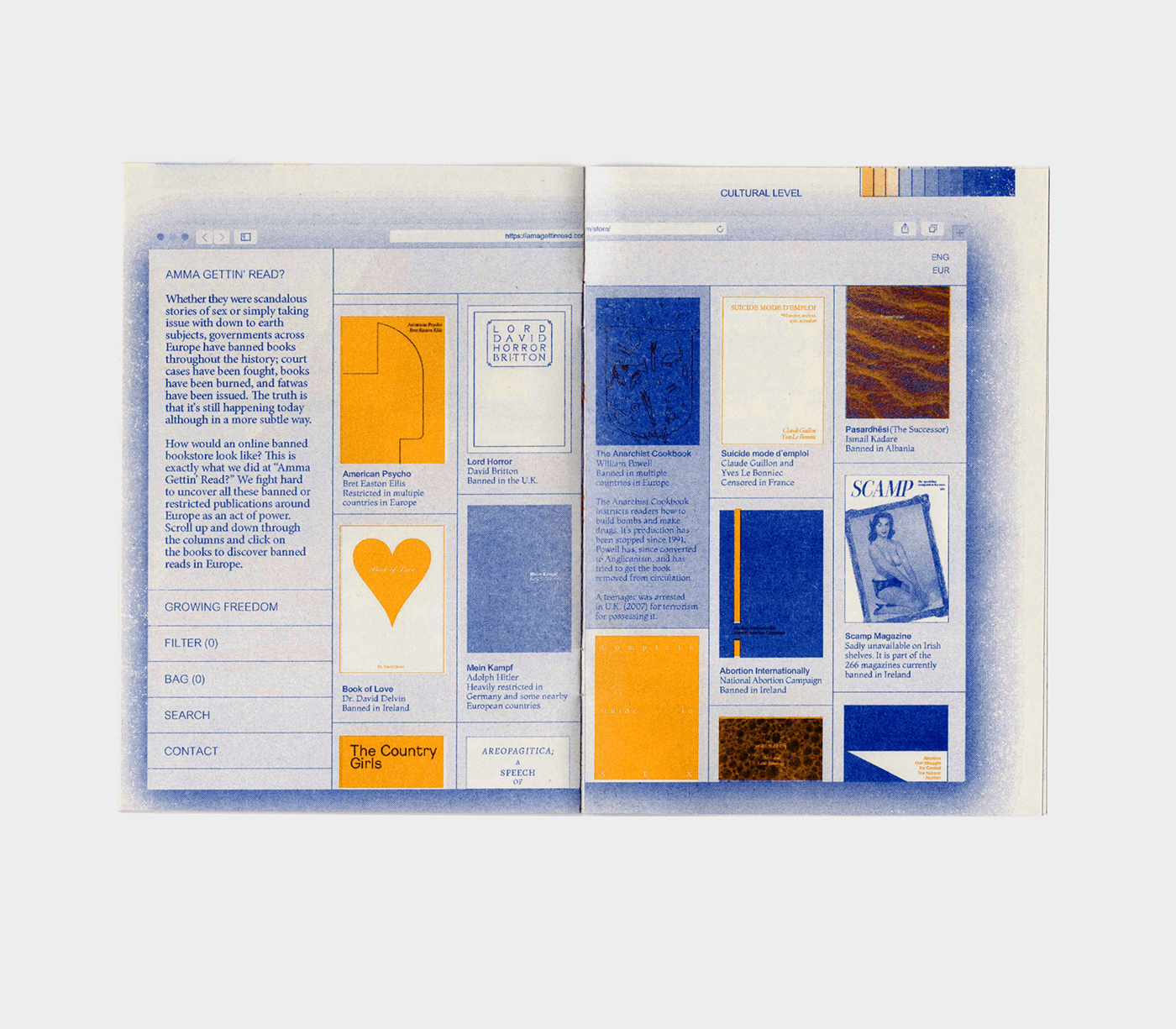
Part of the Limited Europe Special Edition / Risograph Zines + Tote Bag
Release: November 2019
Available at Slanted
Concept and supervision: Julia Kahl
Design Zines: Adrian Dickhoff (DE), Bob Reinert (LU), Cara Kollmann (DE), Emma Lilo Keller (DE), Gisela Chueca de Bruijn (ES), Julia Ihls (DE), Juliane Schmitt (DE), Laura Kluge (DE), Miriam Hörig (DE), Zhang Xinyi (CN)
Volume: 9 × 16 pages
Format: 14.8 × 21 cm
Paper: HOLMEN Trnd 2.0. 80 g/sm
Printing: Risograph, orange and medium blue
Binding: staple binding + banderole and sticker
Design Zines: Adrian Dickhoff (DE), Bob Reinert (LU), Cara Kollmann (DE), Emma Lilo Keller (DE), Gisela Chueca de Bruijn (ES), Julia Ihls (DE), Juliane Schmitt (DE), Laura Kluge (DE), Miriam Hörig (DE), Zhang Xinyi (CN)
Volume: 9 × 16 pages
Format: 14.8 × 21 cm
Paper: HOLMEN Trnd 2.0. 80 g/sm
Printing: Risograph, orange and medium blue
Binding: staple binding + banderole and sticker





